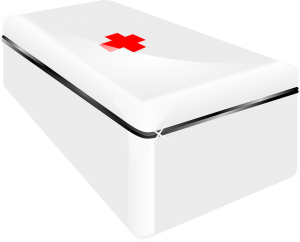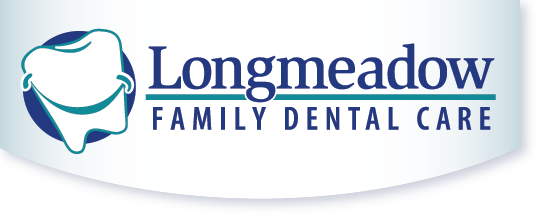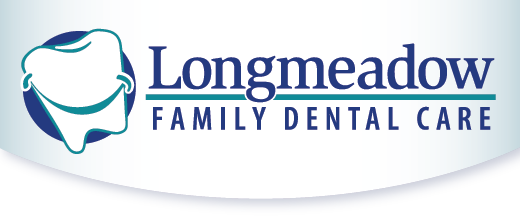How to Deal with a Dental Emergency

Emergencies always seem to happen at the worst time. Dental emergencies are no exception. While many of us are familiar with what to do during a medical emergency, when it comes to dental emergencies, we may not know exactly what steps to take in the heat of the moment.
Is it a Dental Emergency, or a Health Emergency?
The first step in dealing with an emergency is determining if it is health or dental related, which will determine where you will seek treatment.
If an injury or other emergency is causing you to have difficulty breathing or swallowing, includes serious cuts or bleeding, or severe trauma, you’ll want to dial 911 or get to an emergency room as soon as possible.
Common Dental Emergencies
Dental emergencies that should be examined immediately include broken or missing teeth, or severe pain and sensitivity in your teeth or mouth.
When teeth are cracked, chipped, broken, or dislodged from the mouth, the faster a dentist or surgeon can address it, the more likely the tooth can be saved. Severely damaged teeth can also be a source of pain, which may need to be dealt with quickly. Crowns and fillings don’t need to be addressed as urgently, but can still be painful enough to demand fast attention.
In the case of swelling or an infection, your dentist should treat the area as soon as possible. This also includes any abscesses, swelling in the soft tissues of the gums or tongue, and other signs of infection.
Saving a Dislodged Tooth
Should someone in your family lose a tooth, first rinse the tooth and socket with clean water, and apply a cold compress to the socket to stop any bleeding and reduce swelling. You can put the tooth back in the socket if it will go in easily (don’t force it), but be careful not to swallow the tooth. Otherwise, put the tooth in a cup or sealable bag of milk or your own saliva until you can get to the dentist.
If the pain is becoming difficult to manage, over-the-counter painkillers can be used until you speak with your dental professional.
Most importantly, don’t panic. Just remember to seek treatment as soon as possible. At Longmeadow Family Dental Care, you can reach us by calling 301-739-1100.

